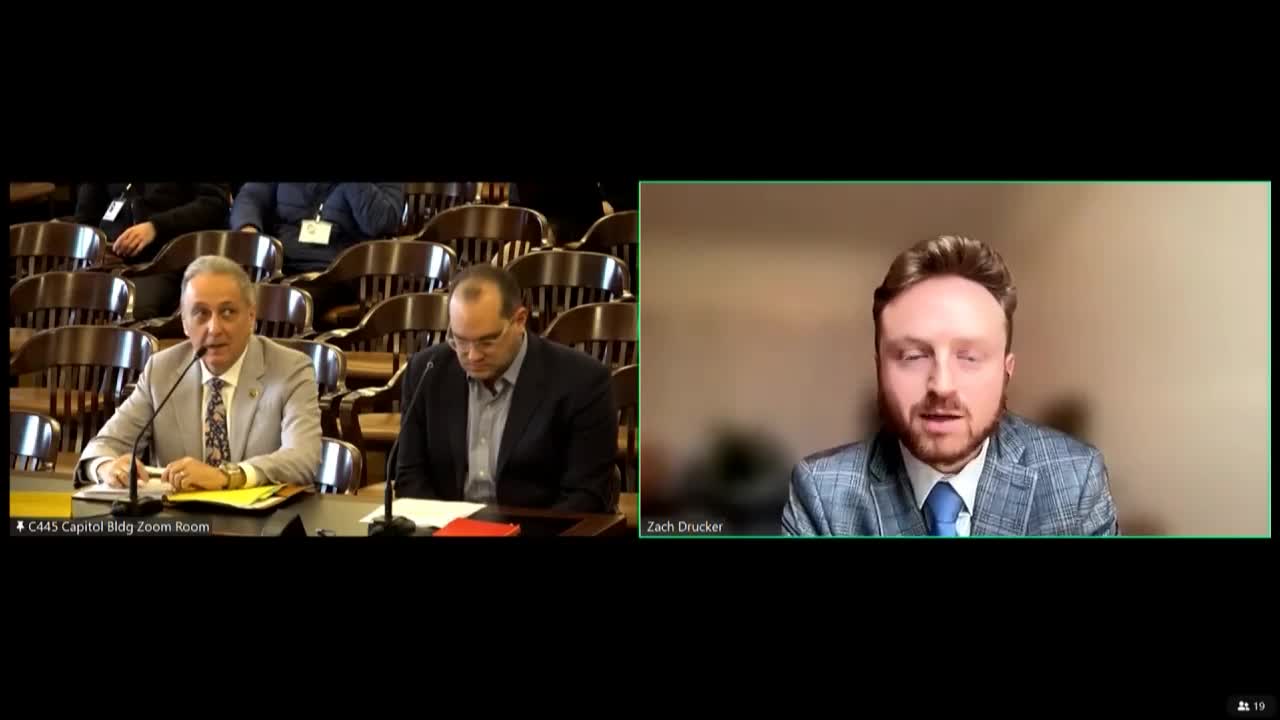Committee unanimously clears bill to regulate earned‑wage access providers

Summary
The committee adopted substitutes and approved HB 279, a regulatory framework requiring registration of earned‑wage access providers, fee disclosure, and consumer protections; amendments clarified wording and one minor amendment passed with a single dissent on a grammatical change.
A House committee unanimously adopted a substitute and passed House Bill 279, creating a state regulatory framework for earned‑wage access (EWA) providers that let workers access wages already earned before payday.
A sponsor presented the bill as a consumer‑protection and innovation measure and said it recognises EWA as a distinct financial product that is not a loan. A representative of DailyPay, Ryan Naples, told the committee the company charges no origination or late fees, performs no underwriting and bases access on wages already earned. “We are credit invisible. We charge no origination, late fees, or interest,” Naples said.
Testimony from Earnin (remote) described similar practices and urged passage to provide regulatory stability for thousands of Utah workers who use EWA to manage cash flow. Zach Drucker of Earnin said the company served nearly 30,000 Utah residents and supported the bill to ensure safe, transparent access to earned wages.
Under HB279 as considered, providers must register with the Division of Consumer Protection, disclose all fees and terms up front and offer at least one no‑fee option for receiving funds (for example, ACH transfers that take one to three business days). The bill also prohibits harmful collection practices and clarifies that EWA is not a loan.
The committee adopted a drafting amendment to improve wording; that amendment passed with one legislator (Representative Burton) recorded in opposition. The second substitute and the bill as amended passed on unanimous voice votes.
Supporters said the bill protects workers while allowing fintech innovation; no opposition testimony was recorded in committee. The measure will proceed to the House floor.

